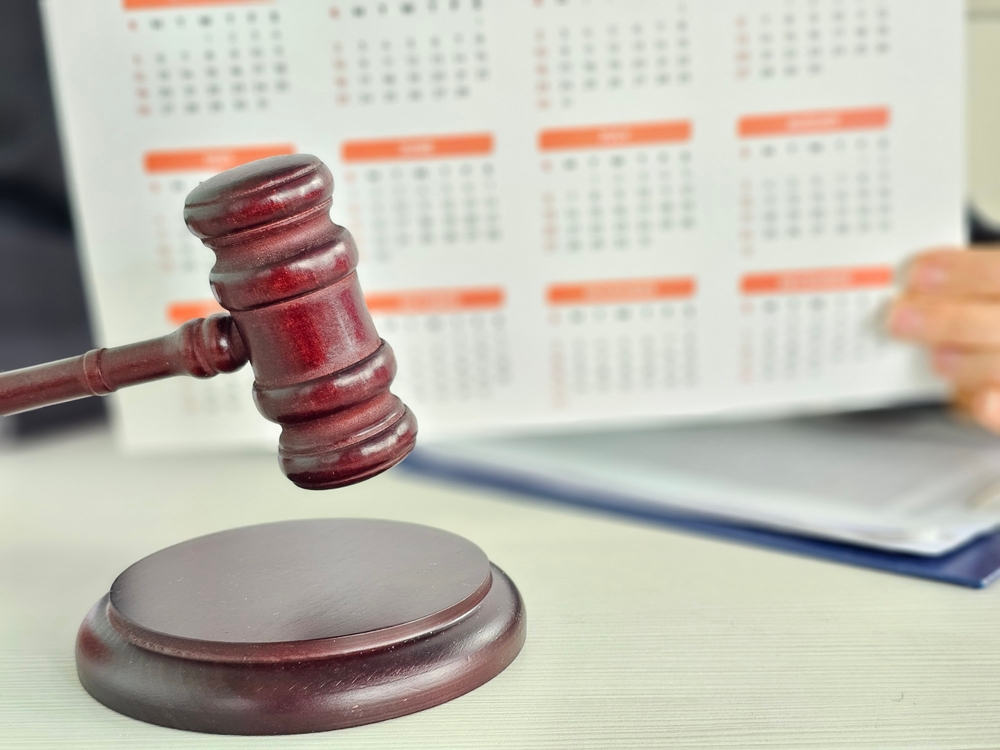When it comes to sexual harassment and discrimination cases, courts may decide some matters based on the facts and others based on the law. In still other lawsuits, procedural requirements are what ultimately lead to the outcome. Statutes of limitations and other deadlines can be vitally important to your case, as even narrowly missing a particular deadline may potentially lead to a dismissal of your case. To ensure your case does not get tripped up in this manner, be sure to retain the services of a diligent and knowledgeable New York sexual harassment lawyer.
A sexual harassment case from Manhattan illustrates this point clearly.
The employee, A.D., was a security guard starting in late November 2020. She allegedly began experiencing sexual harassment from a coworker in early February 2021, shortly after she returned from sick leave. The guard reported the harassment to her employer the following April. Rather than fix the problem, the employer terminated A.D.’s employment on May 10.
A.D. decided to pursue a federal lawsuit. When a worker seeks to take this course of action, they must begin by filing a charge of discrimination with the U.S. Equal Employment Opportunity Commission, which A.D. did on November 9, 2021. Timing is crucial when submitting a charge of discrimination to the EEOC. The law gives a worker only 180 days to file a charge of discrimination (or 300 days if the worker also files with the New York State Department of Human Rights or the New York City Commission on Human Rights).
After the worker files their charge with the EEOC, the agency then issues them a “right-to-sue” letter, which the EEOC issued to A.D. on March 21, 2022.
After the guard received her right-to-sue letter, she promptly filed a complaint in the United States District Court for the Southern District of New York on June 17, 2022. She asserted claims under federal law (Title VII), state law (the New York State Human Rights Law,) and local law (the New York City Human Rights Law.)
On July 12, 2024, the federal district court threw out the guard’s Title VII claim. The court, however, dismissed the guard’s NYSHRL and NYCHRL claims “without prejudice,” meaning that A.D. retained the right to continue pursuing those claims. To do so, she needed to file a new complaint in state court. She also had to complete “proper service upon Defendants in that same six-month period.”
Two Months Too Late
The guard filed a complaint in New York County on January 10, 2025. She, however, did not complete proper service on the defendants in her case until March 3, 2025. For purposes of analyzing whether or not A.D.’s state court claim was timely, the key date was March 3, not January 10. While the January date would have been timely, March 3 was more than seven and one-half months after the federal judge dismissed the federal case, rendering the guard’s state case time-barred.
This may seem like a severe outcome... and it is. It is, however, a reminder of the profound importance of procedural matters such as statutes of limitations. Having legal counsel who is familiar with all these deadlines and will ensure they are all met is critical. When it comes time to take on a sexual harassment lawsuit -- whether in state court or federal court -- you can count on the diligent and detail-oriented New York City sexual harassment attorneys at Phillips & Associates PLLC. Our team dedicates itself to ensuring our clients have every opportunity to seek justice through the court system. To find out more, contact us online or at (866) 229-9441 to set up a free and confidential consultation today.

